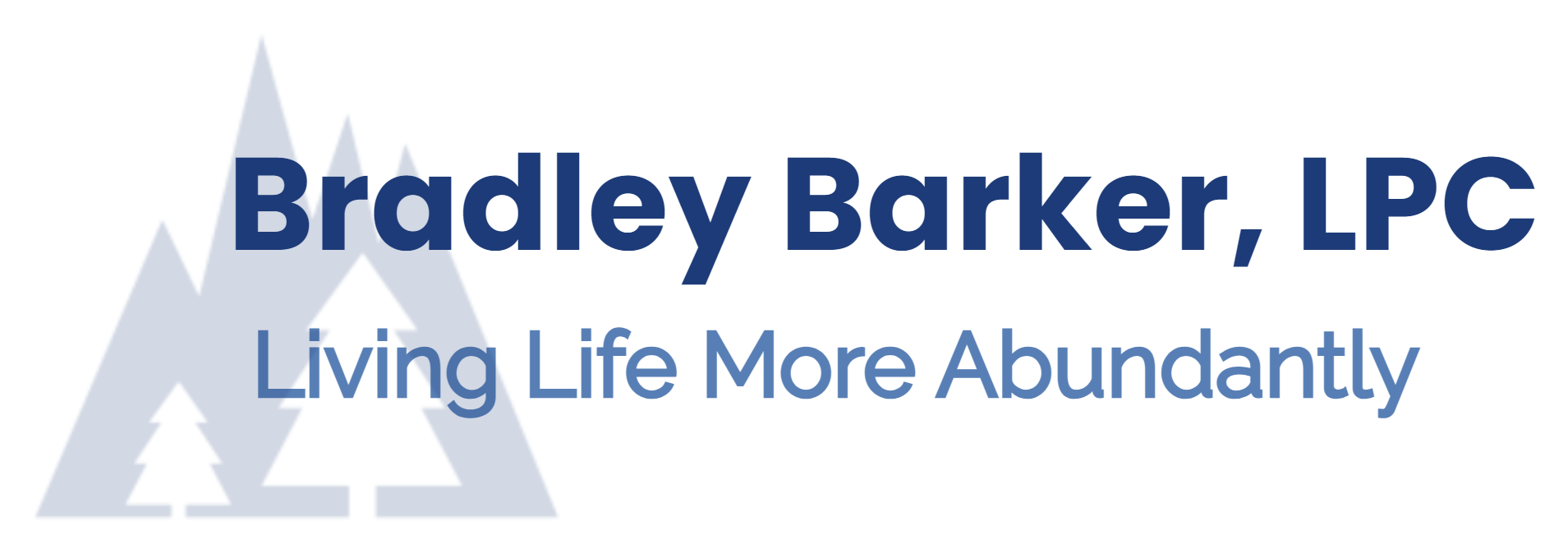FAQs
What should I expect when starting counseling?
The first couple of sessions are an assessment of what you would like to gain from the counseling sessions and developing a specific plan for your goals. I want a vision of what you would like to see happen by the end of the process, what strengths you have and what tools you need from the sessions.
How frequently do we meet and for how long?
After we set your goals, we typically meet once per week. This can vary based on personal preference or need. Counseling may only last for a few months, or go longer depending on the kind of support needed and desired. Some goals take time to reach and I want to encourage you as you move towards them. Meeting consistently can lead to steady progress towards your goals, and as we draw closer to meeting them, we are typically able to start to meet less frequently.
I had a bad previous experience in counseling or did not get much out of the sessions; how do I know this will be any different?
There is a wide variety of therapies and therapists have different levels of training or how they facilitate their sessions. While no therapist can make any guarantees, I can at least say in my sessions I use evidenced based practices, meaning they are supported either by research or years of clinical experience. I will also work with you on developing a way to record and track your progress towards the goals you set, so you feel confident we move in a direction forward.
What differs Christian counseling or faith based counseling from traditional psychotherapy?
Christian counseling or faith based counseling respects your faith beliefs and utilizes them as a strength in how to navigate through the particular challenges you may be seeking counseling for. Traditional psychotherapy takes only resources from psychology alone. My role as a Christian & faith based counselor isn’t to impose my beliefs onto you, but I guide you in how to discover the strengths from your faith and how to apply them practically to your life.
What if I am still interested in seeking counseling but am not seeking Christian counseling or faith based counseling?
I am still a trained mental health professional and guide people every day in also developing increased psychological, emotional and relational well-being. The sessions are going to be focused on your particular goals, it is not my agenda. I have worked with quite a diverse population and welcome any faith belief in my practice. I encourage you to still reach out and see if I would be a good fit as a counselor.

